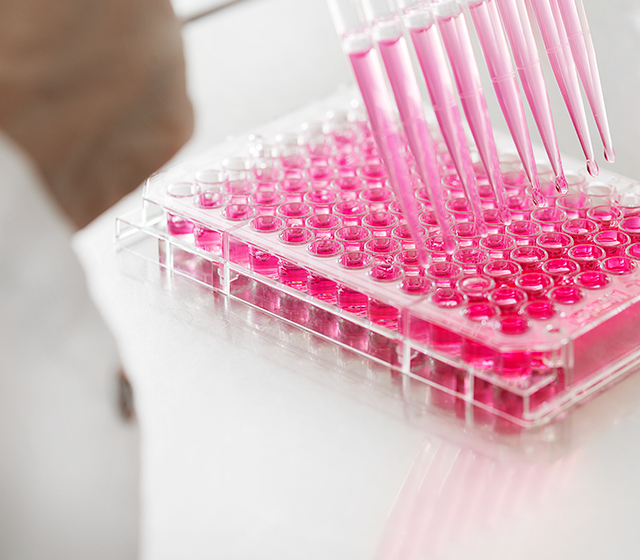Custom monoclonal antibodies are powerful tools used in research, diagnostics, and therapeutics. These antibodies specifically target a single epitope on an antigen, allowing for precise detection and isolation of target molecules. Custom monoclonal antibodies can be tailored to meet the specific needs of researchers, offering high specificity and sensitivity for a wide range of applications.
Over the years, advancements in technology have made the production of custom monoclonal antibodies more efficient and cost-effective. From antigen selection to antibody purification, the process of producing custom monoclonal antibodies has been streamlined to ensure high-quality results. This article will explore the process of custom monoclonal antibody production and its applications in various fields.

The Process of Custom Monoclonal Antibody Production
The production of custom monoclonal antibodies involves several key steps. It begins with the selection of the antigen, which is then used to immunize an animal such as a mouse or rabbit. The animal’s immune system produces antibodies against the antigen, and these are collected from the serum. The next step is to fuse antibody-producing cells from the animal with immortalized cells to create hybridomas that continuously produce the desired monoclonal antibodies. These hybridoma cells are then screened to identify clones that produce antibodies with high specificity and affinity for the target epitope. Finally, the selected clones are cultured and the monoclonal antibodies are purified for use in research, diagnostics, or therapeutics.
Advancements in technology have revolutionized custom antibody development, making it more accessible and efficient than ever before. Through cutting-edge techniques and optimized protocols, researchers can now obtain high-quality monoclonal antibodies tailored to their specific requirements. This level of customization ensures that researchers have access to reliable tools for studying biological processes, diagnosing diseases, and developing new treatments. With custom monoclonal antibodies, the possibilities for scientific discovery and innovation are endless.
In conclusion, custom monoclonal antibodies play a crucial role in advancing research, diagnostics, and therapeutics. The process of producing these antibodies has become more efficient and cost-effective due to technological advancements. By tailoring monoclonal antibodies to meet specific needs, researchers can achieve high specificity and sensitivity for various applications. Custom monoclonal antibodies offer a powerful tool for studying biological processes, diagnosing diseases, and developing new treatments, ultimately driving scientific discovery and innovation forward. The future of custom monoclonal antibody production looks promising, with endless possibilities for further advancements and breakthroughs in various fields.